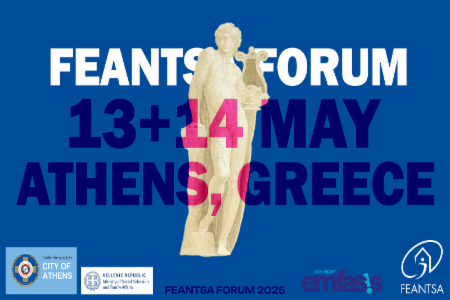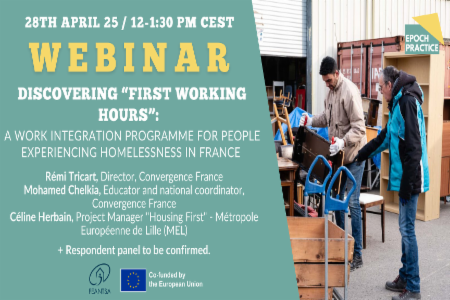Time to Act: 20-40% of Homeless Youth Identify as LGBTI
On the International Day Against Homophobia, Transphobia and Biphobia, FEANTSA is drawing attention to the vulnerable position of lesbian, gay, bisexual, transgender and intersex youth experiencing homelessness and calling for organisations from both the homeless and LGBTI sector to do more to protect them from becoming homeless.
LGBTI youth are in a vulnerable position. The number one cause of homelessness among LGBTI youth is family rejection, meaning that not only has a young person lost their home but they have lost their support network and community, which is vital for any young person in the transition to adulthood. Losing family support can often entail moving districts within a city or moving to a new area altogether, which can mean leaving education, employment as well as your social circle.
LGBTI youth report experiences of homophobia, transphobia and biphobia, which can often be coupled with racism and/or sexism in homeless shelters. These negative experiences often mean LGBTI youth don’t feel secure in shelters and don’t feel they can be open about their sexuality or gender identity. When the homeless sector collects data on service users, sexuality is rarely included and questions related to gender mostly stop at ‘male or female’, thereby excluding many trans and gender non-binary service users from homelessness statistics. This is a form of institutional erasure which means that while LGBTI youth are coming through the homeless sector, we are blind to their existence which means we are not serving their specific needs.
When an estimated 20-40% of homeless youth identify as LGBTI, across the UK, US and Canada, something is going wrong and the needs of LGBTI youth are going unmet by both the homeless and the LGBTI sector.
Freek Spinnewijn, Director of FEANTSA said: “LGBTI homelessness is a growing concern and an area where there is a lot of room for improvement. This year, the FEANTSA Policy Conference will include our first ever workshop on this topic, profiling the excellent work of organisations like the True Colours Foundation (US) and Albert Kennedy Trust (UK) with the support of organisations like Rais Foundation in Spain, Le Refuge in France and ILGA Europe we aim bring together best practices for how the homeless sector can respond to LGBTI homelessness and hopefully be a springboard for a means of working together in the future.
On 17 May 2018, International Day Against Homophobia, Transphobia and Biphobia, it is a timely opportunity to remind ourselves that we should be acutely aware of LGBTI youth experiencing homelessness and their specific needs in order to assist their exit from homelessness.





